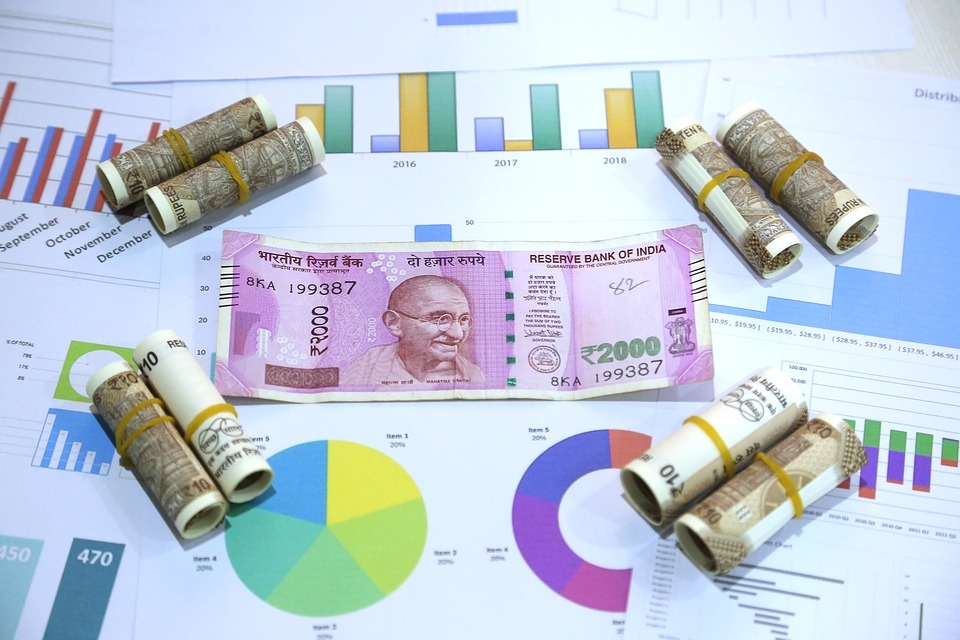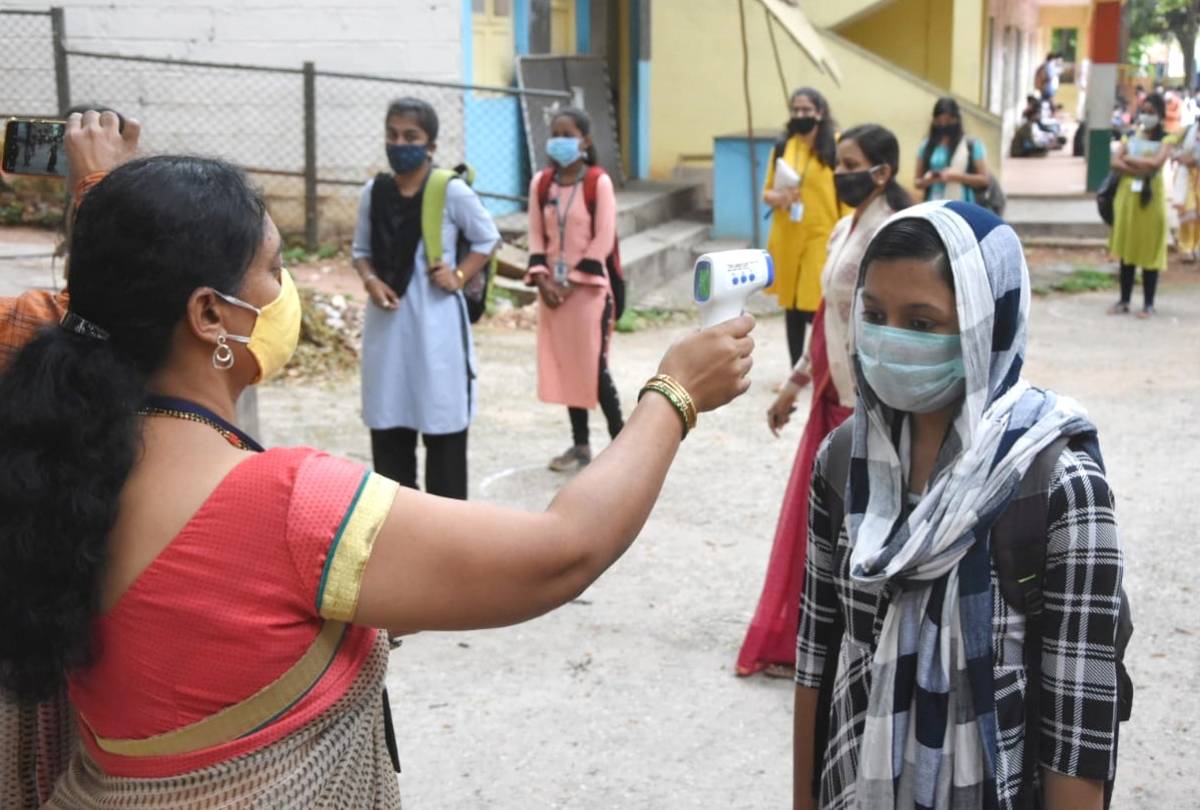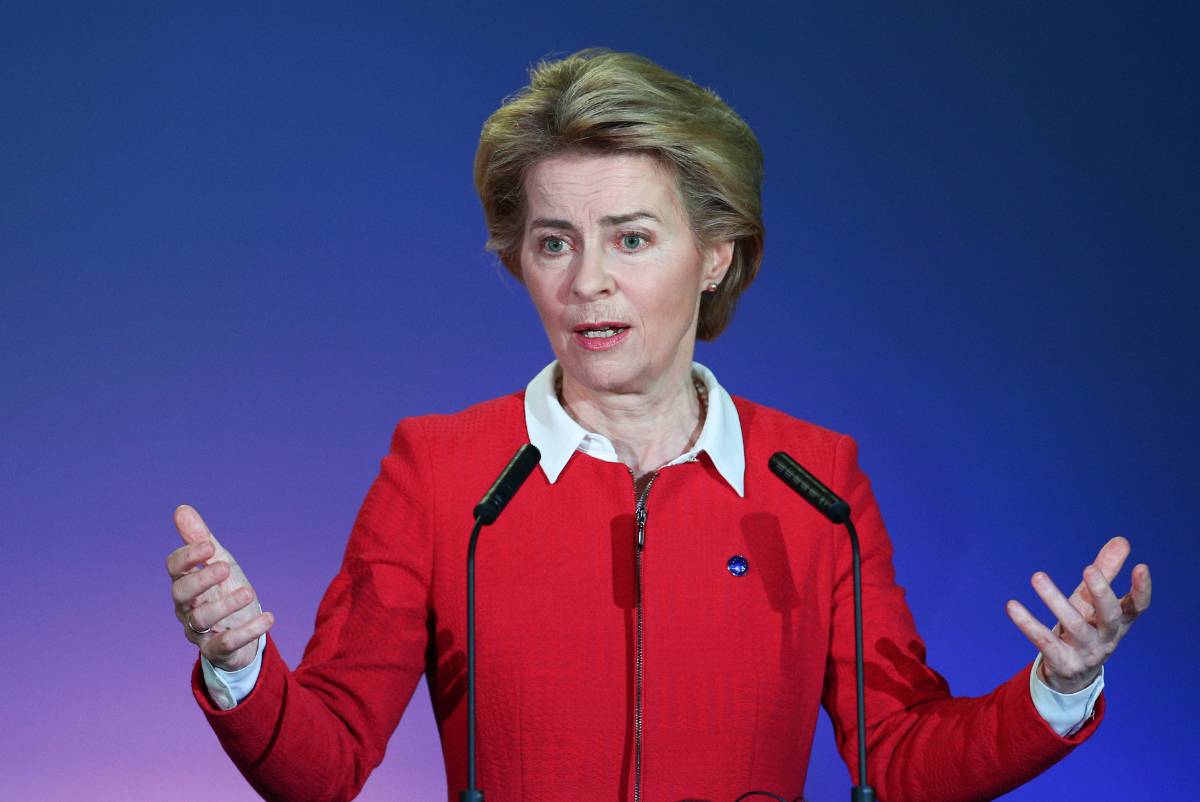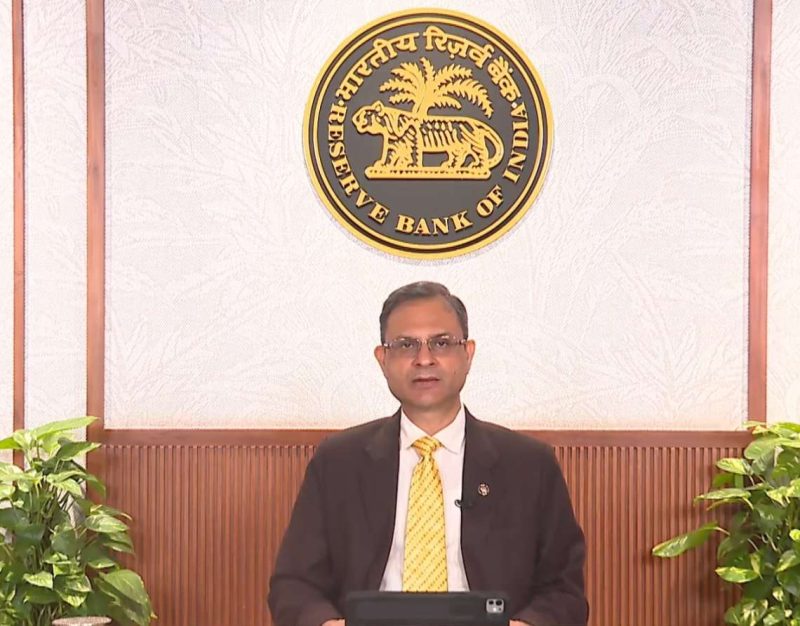India’s economy faces increased risks of stagflation, which may slow down the effectiveness of monetary and fiscal measures adopted by the central bank and government, Acuite Ratings said.
The economic trend of stagflation is marked by rising inflation and falling GDP growth.
The ratings agency said that the uncertain outlook on inflation in the short-term has already led the Reserve Bank of India’s Monetary Policy Committee (MPC) to hold the interest rates in August and has also diminished the likelihood of any further rate cut in the near term.
In a report, Acuite said that immediate steps need to be taken to bring down food inflation, “the higher levels of which have already started to spill over to core inflation”.
“India’s consumer inflation has increased to 6.93 per cent in July 2020, a bit sharp and unexpected rise of 70bps (MoM) over that in June; since December 2019, CPI print has been on an overdrive and has been uncomfortably high over the 6 per cent upper limit set by the MPC,” the report said.
“Even though an unfavourable base effect is also playing an important role in shaping the inflation trendline, food inflation (CFPI) has been the primary driver of the CPI trajectory and has mostly hovered over 8 per cent over the last nine months since October 2019.”
According to the report, supply and logistical bottlenecks arising from the prolonged and intermittent lockdown in certain parts of the country have continued to keep food inflation high despite a good agricultural output over the last two seasons.
“The animal protein segment i.e. meat, fish, eggs and milk, edible oil, vegetables and pulses have seen double digit inflation in July; limited operations of APMCs in the lockdown period, import challenges along with excess rains or floods have all led to a disruption in the supply chain of agricultural products,” the report said.
“Further, persisting high food inflation along with shortage of labour have started to have a rub-off effect on prices of non-food products and services or core inflation; which has risen by 50 bps to 5.6 per cent in July 2020 from 5.1 per cent in June 2020 and 4.1 per cent in last July.”
As per the report, higher core inflation is reflective of cost push pressures and higher money supply in the economy, despite the weaker demand environment.
“While weak demand and a low growth environment should slow down inflation, it has been seen globally that a high level of monetary and fiscal stimulus in response to a persistent poor growth scenario, may at times, increase the money supply and push up inflation while not addressing the growth problem effectively,” the report said.
“The current domestic economic scenario is characterised by output contraction along with increased inflation and higher money supply.”
In addition, it said that going by the MPC’s mandate on inflation targets, the RBI may have to cast off its accommodative stance and adopt a tight monetary policy, if the inflationary pressures don’t subside over the near term.
“The consequent reversal of lower interest rates will raise capital costs and impact the outlook towards new investments, complicating the growth and the unemployment problem further,” the report said.
“Clearly, the risks of a stagflationary environment has increased in the case of India and may be a socio-economic challenge, if not addressed early.”
Also Read: Reviving Tourism Sector









